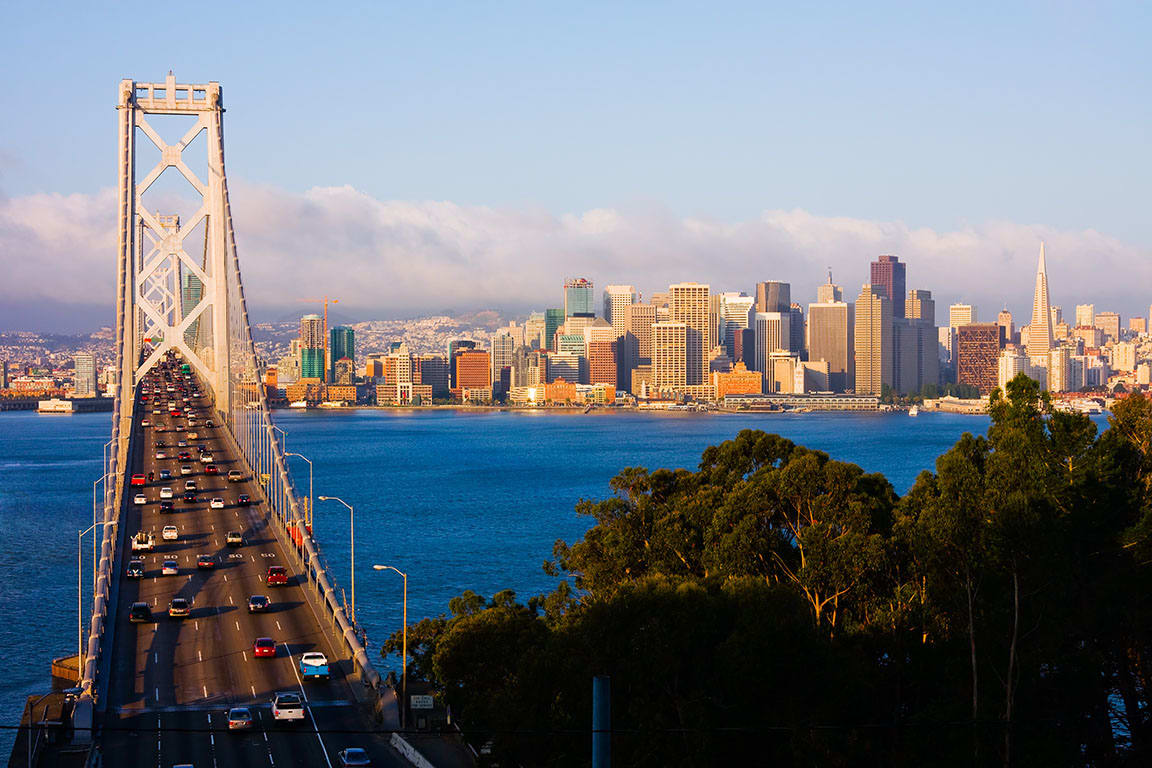
Elon Musk does not disarm.
The Tesla chief executive officer is renewing his attacks on San Francisco and its officials, despite a major setback that has undermined the narrative he and his friends have been pushing against this progressive city and tech mecca in recent months.
This narrative boils down to this: San Francisco, temple of American tech, has adopted the ideologies and values of the "woke mind virus." These values have influenced city policies. As a result, the city has embraced the homeless, which has promoted the installation of tents and encampments in many areas. The consequence is an alarming drug crisis in the streets, unsanitary conditions and lack of safety. The city has, according to Musk and some tech leaders, become dangerous. This portrayal has created a negative narrative as part of the new culture war that Musk and his friends are waging against the woke mind virus.
For them, San Francisco is an important battleground for this culture war, because of the symbolism attached to defeating the liberals in the city who symbolize extreme progressivism. It is in this context that one must understand why they tried to use the April 4 murder, in the streets of San Francisco, of 43-year-old tech entrepreneur Bob Lee.
Tech Bros in the Culture War
Lee, who created CashApp and had spent part of his professional life in the Bay Area, had recently moved to Miami, Fla. where he lived with his father, after his mother passed away. The father of two, was back in town on business when he was stabbed. In the hours following his passing, Musk and his friends, including tech investors David Sacks and Jason Calacanis, rushed to suggest, without evidence, that Lee had been killed by a drug addict or a homeless person. Basically: his death was the consequence of the liberal policies of San Francisco's politicians.
Their statements and attacks put the city's elected Democrats on the defensive and increased the sentiment on social media that San Francisco was dying. This has been amplified by the fact that the city is struggling to recover from the pandemic, especially Downtown San Francisco where many buildings remain empty as tech employees do not want to return to the office, forcing companies to close offices to reduce their costs.
The city’s vacancy rate grew to a record 32.7% in the first quarter of 2023, from 32.1% in the fourth quarter of 2022, according to Savills. "We expect office availability (in San Francisco) to continue to increase in 2023 as the slowdown in the technology sector persists,” Savills said.
The big problem with the narrative of Musk and Co is that Lee's murder was, most likely not committed by a random person. Nine days later, police arrested Nima Momeni, a 38-year old tech entrepreneur who has been charged with murder and was booked into a San Francisco jail with no bail.
He made his first court appearance on April 14 and did not enter a plea. According to the police, Momeni, who allegedly stabbed Lee in the chest twice, including once in the heart, and left him in the street to die, knew him from before.
"We can confirm that Mr. Lee and Mr. Momeni knew each other. Most people who commit homicides know the people who they kill. This has to do with human nature. Right now, Mr. Momeni is our focus as the single suspect of this case,” San Francisco Police Chief Bill Scott told reporters.
'Outrageous'
After staying silent, following Momeni's arrest, Musk and his friends went on the offensive again, refusing to admit that they had used Lee's murder for political gain. The billionaire has thus just renewed his dire portrayal of San Francisco.
"Take a walk through downtown around Twitter HQ," the billionaire said on Twitter on April 14. "Outrageous that city officials would claim that it is not dangerous!"
As before, the billionaire's statements are based on perception. He offered no tangible evidence to support his message. Nor did he acknowledge that his outrage over Lee's death was misdirected.
Recent crime data from the San Francisco Police Department show that homicides and rapes are down about 25% this year, compared to a year ago, while robberies are up 10%. Assaults are about the same, burglaries are down 11%, motor vehicle thefts have decreased by 6.4%. Based on the numbers, crime is down 10% year-on-year.
Nevertheless District Attorney Brooke Jenkins acknowledges that these numbers don't tell the whole story.
"I think San Franciscans are still very much concerned about public safety and we still have a long way to go to make San Francisco as safe as it needs to be," she told KTVU Fox 2. "And so, this isn't always necessarily about data. It's about the way that our residents and business owners and even visitors feel. And so that is what drives me every day, is to make sure that they aren't just safer in reality. They're also safer in the way that they feel when they step outside of their doors every day."







